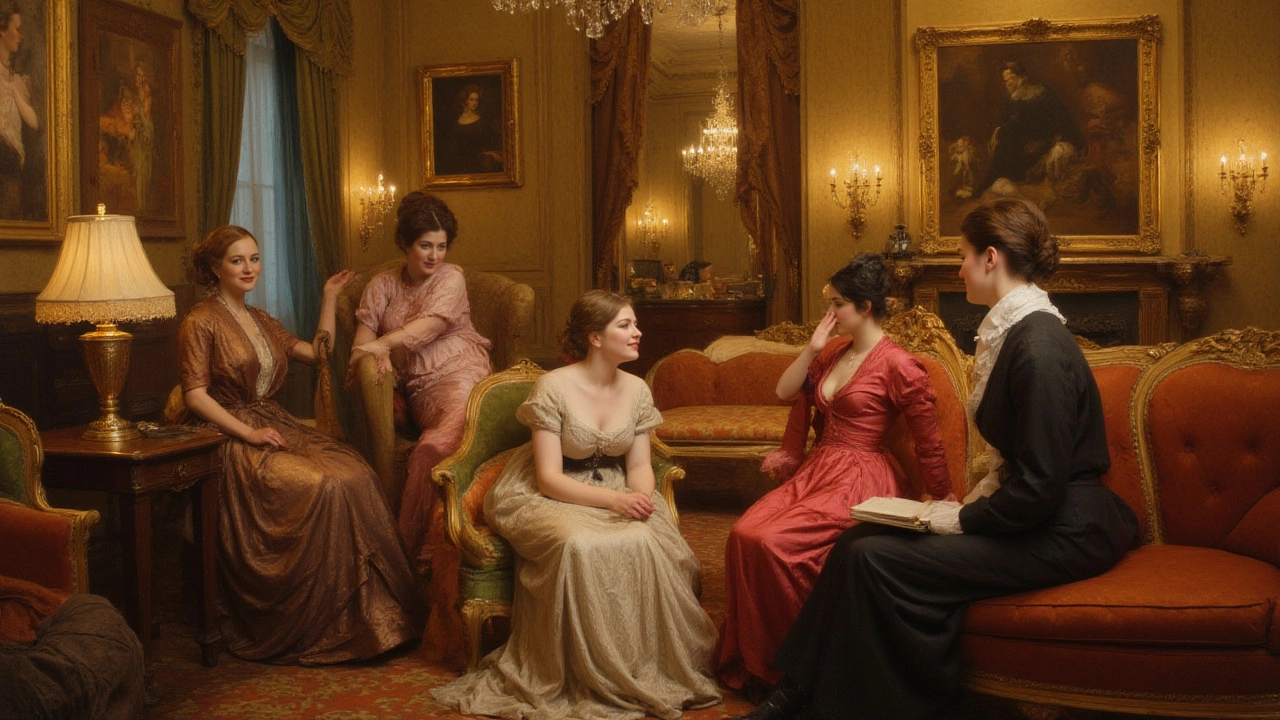Culture Impact of Escorts: Why It Matters
Ever notice how escort services pop up in movies, music, or even casual conversations? That’s no accident. The escort world has slipped from the shadows into everyday talk, shaping how we view intimacy, power, and even luxury. Below we break down the biggest ways this industry is leaving its mark on culture.
From Taboo to Trending
Decades ago, talking about escorts was risky – you’d get side‑eyed looks or a warning from a friend. Today, influencers share their experiences, and streaming series dramatize the life of high‑end companions. This shift isn’t just for shock value; it signals a growing curiosity and a slower‑moving acceptance of consensual adult work. When pop culture normalizes a topic, people feel safer to ask questions and share their own stories.
History shows us that escort services have always mirrored society’s values. In Victorian England, courtesans were celebrated for arts and politics. In the 1970s, the sexual revolution gave rise to more open discussions about paid companionship. Each era rewrites the narrative, and the current digital age is rewriting it again – faster than ever.
How Technology Reshapes Perception
Smartphones, AI matchmaking, and private booking apps have turned what used to be a word‑of‑mouth business into a click‑away service. When users can browse profiles anonymously, the stigma drops because the process feels more professional. At the same time, tech brings new concerns: data privacy, deep‑fake scams, and algorithmic bias. Understanding these tools helps you separate hype from genuine safety improvements.
Online forums and review sites also let clients and companions rate each other. That transparency builds trust and gives the industry a reputation system similar to rideshare apps. It’s a double‑edged sword – bad reviews can hurt livelihoods, but overall it pushes providers to maintain higher standards.
Culture isn’t just about media; it’s about everyday attitudes. Survey after survey shows younger adults are more comfortable discussing sex work, viewing it as a legitimate choice rather than a moral failing. This change influences legislation, workplace policies, and even dating norms. When people accept that a companion can offer emotional connection without judgment, relationships become more flexible.
Diversity adds another layer. Asian, LGBTQ+, and disability‑focused escort services highlight how the industry adapts to different cultural needs. Those niches challenge stereotypes and remind us that companionship isn’t one‑size‑fits‑all. Reading about an Asian escort’s etiquette in London, for example, teaches you respect for cultural nuances you might otherwise overlook.
But the cultural shift isn’t all positive. Increased visibility can bring unwanted scrutiny, harassment, and mental‑health strain for workers. Stigma still follows many who choose this path, affecting everything from banking to personal relationships. Open dialogue, mental‑health resources, and community support are crucial to balance the spotlight.
So, what can you take away? If you’re curious about the cultural side of escorting, start by listening to real stories – blogs, podcasts, or honest reviews. Pay attention to how technology makes bookings safer, but stay alert for red flags. Respect cultural differences, and remember that behind every profile is a person with boundaries and a life outside the service.
Understanding the cultural impact helps you navigate a world where escort services are less hidden and more talked about. It also lets you contribute to a safer, more respectful conversation – whether you’re a client, a companion, or just an observer.



